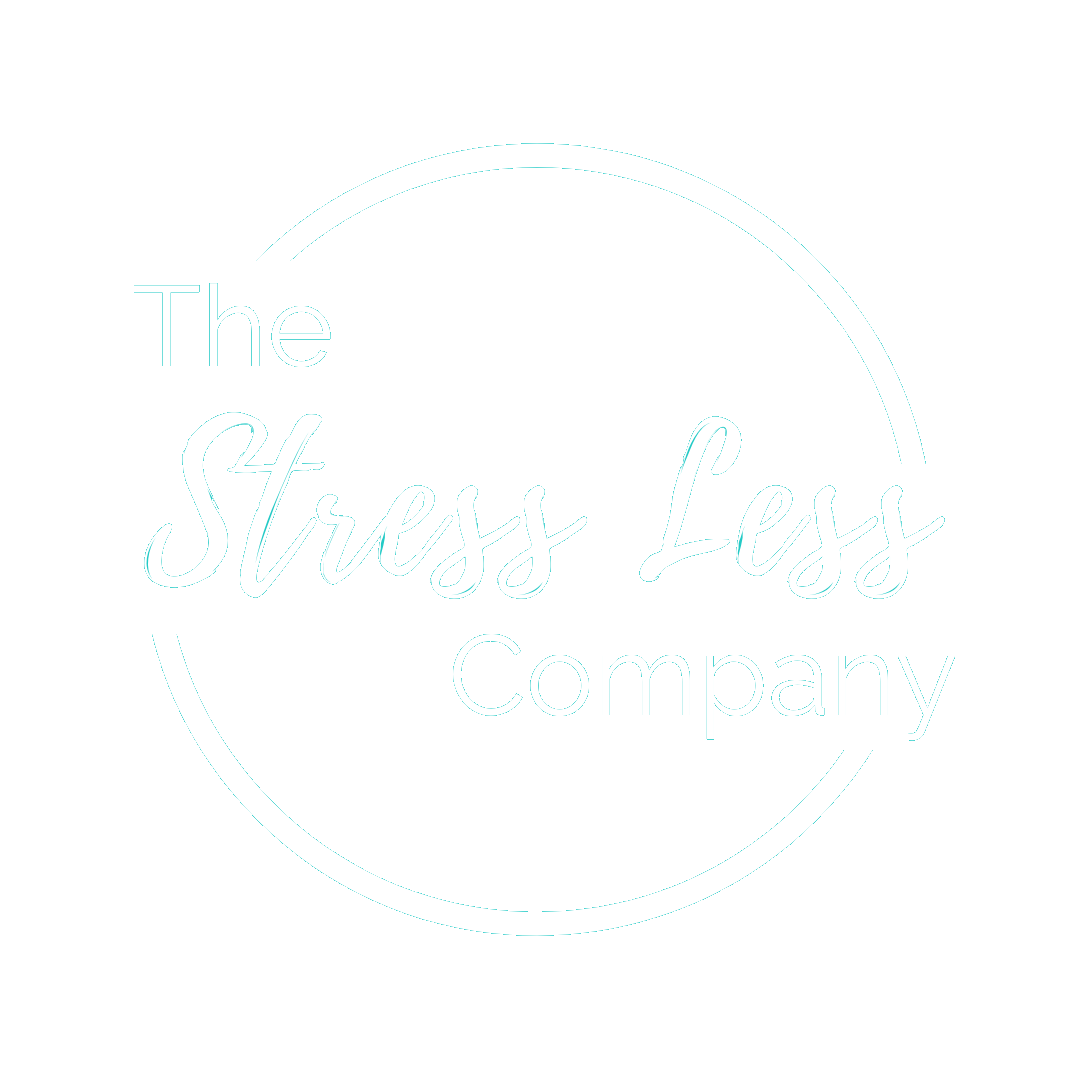To say that facing addiction can be stressful is a major understatement. Recovery from addiction to drugs and alcohol often stirs up fear, shame, guilt, anxiety, the list goes on. It takes a lot of strength to admit that we are struggling and seek help from a recovery program or expert, but that is only half the battle. When we leave a recovery program, the question that must be faced is: what comes next? Fortunately, recovery coach Mie Potter of Finding Peace came on to this week’s episode of The Stress Less Show to discuss how we can stick to our recovery even after leaving a rehabilitation program.
Mie Potter first realized that she wanted to support women going through recovery after volunteering at a women’s center. As a stay at home mom building a business coaching small business leaders in leadership development, she began to teach a personal development class at a renewal center as a way to get involved with her local community. However, she soon found that her work there helping women dealing with addiction felt more in line with her purpose.
“I discovered that really my passion and where I was getting the most enjoyment and actually the best results were [with] the ladies at the Renewal Center.”
She then shifted her business and energy towards her class at the center and coaching women who have left a rehabilitation program and need more support on maintaining their recovery in their daily lives. As a recovery coach, Mie has built not only a career that she feels called to, but she has been able to help and connect with countless amazing women.
“The ladies that I coach we have a special relationship because they recognize in me that I am an ally and there is no judgment.”
Through her work and relationships with clients, Mie has gained valuable insight into life after a rehabilitation program and shared three tips for maintaining recovery from addiction.
Tip #1: Avoid Drama and Crisis
Coming out of a recovery program can feel extremely daunting. We have undergone a major change in ourselves and it can be difficult and scary to go back to our old environment. That’s why Mie’s first tip is to look for the things around us that may trigger old habits within us. This might be the places we used to go or it might even be the people we used to talk to.
“[Sometimes] they've had to take themselves away from everybody in their past because everyone in their past is associated with addiction. Sometimes they're struggling with family not trusting them.”
Part of recovery is learning how to create new environments and relationships that support the healthy life we are now living. Avoiding the things and people in our lives that drag us into moments of pain or crisis can be crucial in staying focused on our recovery.
Tip #2: Remember: Love Over Everything
As we start to rebuild after coming out of a rehabilitation program, another important step Mie mentions is remembering to prioritize love in our lives. This love is the necessary antidote to a lot of the negative emotions and feelings that we may still be harboring about ourselves and our past.
“There's a lot of shame about the path that they went down because nobody ever decides they're going to grow up and be an addict... But the fact is that they are survivors because if you are using any kind of substance and you do not stop using it - the alternative is that you are going to die.”
In order to move forward, we need to find the ability to love and celebrate who and where we are now. Recovery is not easy and while we may not always feel like celebrating our progress, it is certainly worth feeling good about. Seeking out allies and friends that love and support our recovery can be extremely helpful here. A positive support system can remind us to keep going even when we undergo stressors that trigger our addictive behaviors.
Tip #3: Take Care of Your Body and Mind
When we are in a rehabilitation program, our health is the number one concern for everyone around us. There are doctors, nurses, therapists and staff around us dedicated to making sure we are physically getting healthier and healthier. Once we leave a recovery program, our health is back in our hands so Mie stresses the importance of taking care of ourselves - both mentally and physically. Addiction can have serious implications on our body's development and our emotional development, especially if we have been struggling for a long period of our lives.
“It's really important to treat [addiction] as not only having a [physical] health component… There's a mental health component that is part of the healing and part of the journey.”
Making sure we are getting enough sleep, talking to a therapist regularly about any trauma or anxieties that may have led to our addiction, avoiding sugar, and eating healthy balanced meals - all of these things play a huge role in our ability to stay focused on our recovery. While it may seem overwhelming at first, the more we pay attention to our health, the easier our recovery becomes.
If you are in recovery and feel lost or overwhelmed, you can schedule a complimentary discovery conversation with Mie here and find out how she can help you thrive on your journey after addiction.
This episode of The Stress Less Show was sponsored by Finding Peace. View a full transcript of this episode here.
